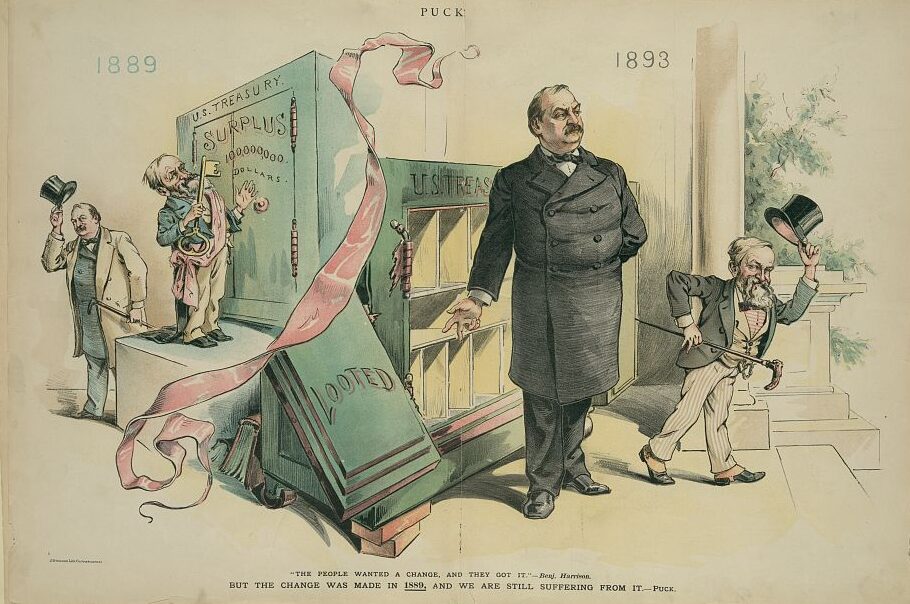Sunil Purushotham is assistant professor of history at Fairfield University. He lives in Connecticut and has been a member since 2015.
Alma maters: BA (history/anthropology), Tufts University, 2005; PhD (history), Cambridge University, 2013
Fields of interest: South Asia, global intellectual, sovereignty, democracy, decolonization
Describe your career path. What led you to where you are today?
Although I grew up in a house surrounded by history books and I had a series of tremendous high school history and social studies teachers, I first thought seriously about learning and doing history as an undergraduate at Tufts, where I wrote a senior dissertation about indentured labor in the British Empire. The extraordinary support and mentorship I received as an undergraduate from my thesis supervisor, Shruti Kapila, led me to Cambridge years later to pursue my doctoral work. In Cambridge, the group of historians led by Chris Bayly and associated with the Centre for South Asian Studies and the world history seminars formed a stimulating and collegial intellectual community. After receiving my PhD in 2013, I was the lecturer in Commonwealth history until I moved to Fairfield in 2015.
What do you like the most about where you live and work?
Although well-known regionally, Fairfield University does not have much of a national reputation. But the faculty here are the real deal: a group of accomplished scholars deeply committed to teaching. The history department has been supportive of my research needs and I have been encouraged to develop my pedagogical practice with complete autonomy. Connecticut has its own unique, if limited, attractions: the beach, nice birds, gardening, and forests brimming with raspberries in summer and ablaze with color in the autumn. New York City is right next door and branches of the Purushotham clan abound.
What projects are you currently working on?
I am currently writing a piece on the founding of the new Commonwealth in 1949 as a history of Indian republicanism, Gandhian action, and the spirit of Bandung for a forthcoming edited volume. I am also busy laying the groundwork for writing my second book project, an intellectual biography of Jawaharlal Nehru.
Have your interests evolved since graduation? If so, how?
While continuing to revise my doctoral dissertation into a book, I also took the opportunity to branch out in a few directions after graduating in 2013. I wrote two forthcoming articles on imperial federation, and another two on Nehru’s political thought. Teaching, of course, has allowed me to wander in new directions and to ask new questions. Becoming a parent was less of an evolution of interests and more like a revolutionary remaking of them.
What’s the most fascinating thing you’ve ever found at the archives or while doing research?
Working in any Indian archive is at once taxing and absolutely wonderful. The Indian past is enormously rich and there are endless stories for historians to tell. My most curious archival moment was when I requested a document at the NMML in New Delhi that had long been considered inaccessible or destroyed was promptly handed to me without question. This led to an episode of The Document on BBC Radio 4 (https://www.bbc.co.uk/programmes/b03bds48). I also encountered a number of hidden gems at the Punjab State Archives in Chandigarh.
Is there an article, book, movie, blog, etc. that you could recommend to fellow AHA members?
Don’t miss Chris Moffat’s India’s Revolutionary Inheritance: Politics and the Promise of Bhagat Singh (Cambridge, 2018)!
What do you value most about the history discipline?
I think most of us who are committed to thinking historically would agree that we are living in a moment in which the value and purpose of such thinking are being challenged and rethought in various ways. Historical thinking seems so urgent, so ubiquitous, and, all the same, so marginalized. Our societies seem to be undergoing some sort of dramatic shift in terms of our relationship to the past. History, as a discipline, still has an important role to play.
Why is membership in the AHA important to you?
I would rather not talk about the time I fell flat on my face on the sidewalk on my way to a series of job interviews in New Orleans.
AHA members are involved in all fields of history, with wide-ranging specializations, interests, and areas of employment. To recognize our talented and eclectic membership, Perspectives Daily features a regular AHA Member Spotlight series.
This work is licensed under a Creative Commons Attribution-NonCommercial-NoDerivatives 4.0 International License. Attribution must provide author name, article title, Perspectives on History, date of publication, and a link to this page. This license applies only to the article, not to text or images used here by permission.



